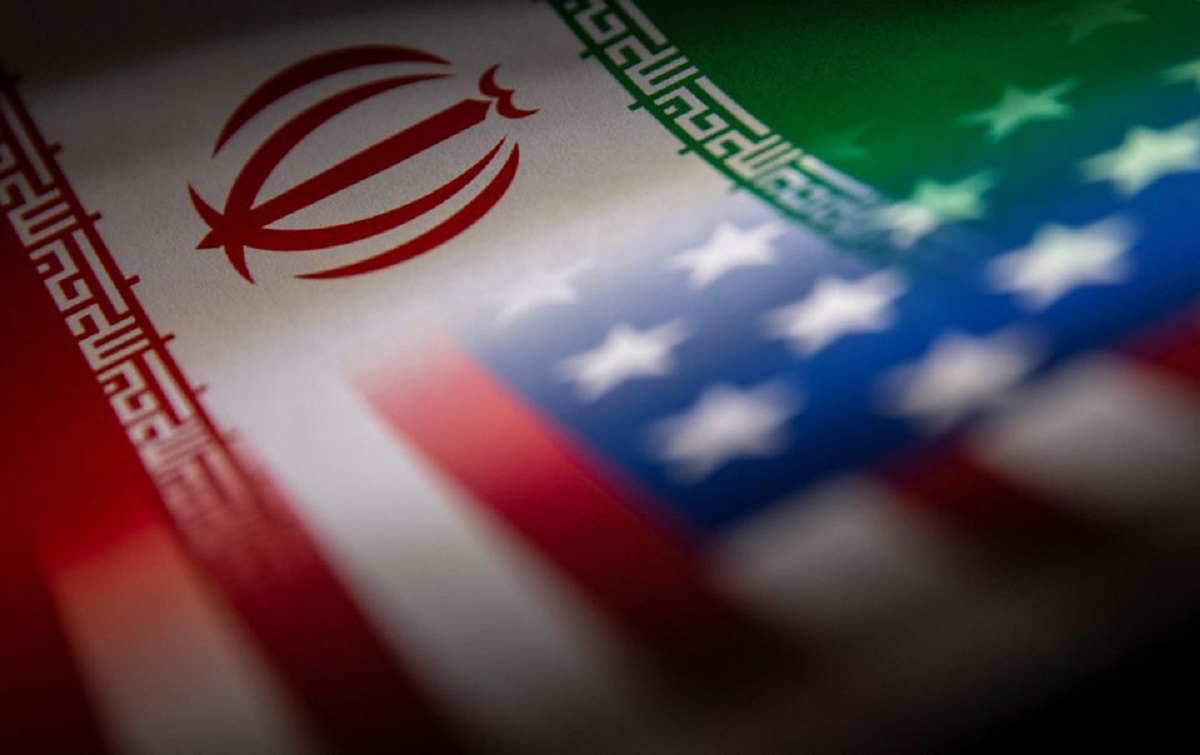Although Iran has rejected U.S. President Donald Trump’s demand for direct talks, it wants to continue indirect negotiations through Oman, a longtime channel for messages between the rival states, said the official, who spoke to Reuters on condition of anonymity.
“Indirect talks offer a chance to evaluate Washington’s seriousness about a political solution with Iran,” stated the official.
Although that path could be “rocky”, such talks could begin soon if U.S. messaging supported it, the official added.
Iran has issued notices to Iraq, Kuwait, the United Arab Emirates, Qatar, Turkey and Bahrain that any support for a U.S. attack on Iran, including the use of their air space or territory by U.S. military during an attack, would be considered an act of hostility, the official continued.
Such an act “will have severe consequences for them”, the official said, adding that Supreme Leader Ayatollah Seyyed Ali Khamenei had placed Iran’s armed forces on high alert.
Spokespeople for the governments of Iraq, Kuwait, the UAE, Qatar and Bahrain did not immediately respond to requests for comment. Turkey’s Foreign Ministry announced it was not aware of a warning but that such messages could be conveyed by other channels.
Iran’s ally Russia said on Thursday that U.S. threats of military strikes against the Islamic Republic were unacceptable and on Friday called for restraint.
Iran is trying to gain more support from Russia, but is sceptical about Moscow’s commitment to its ally, stated a second Iranian official.
This “depends on the dynamics” of the relationship between Trump and Russian President Vladimir Putin, the official added.
Trump has stated he would prefer a deal over Iran’s nuclear programme to a military confrontation.
The first Iranian official said a first round of indirect talks could involve Omani mediators shuttling between the Iranian and U.S. delegations. Ayatollah Khamenei has authorised Foreign Minister Abbas Araqchi or his deputy, Majid Takht-e Ravanchi, to attend any talks in Muscat.
However, the official believed there was a window of around two months to agree a deal, citing worries that Iran’s long-time foe Israel might launch its own attack if talks took longer, and that it could trigger a so-called “snap back” of all international sanctions on Iran to prevent the country from acquiring a nuclear weapon.
Iran has long denied wanting to develop a nuclear weapon.
